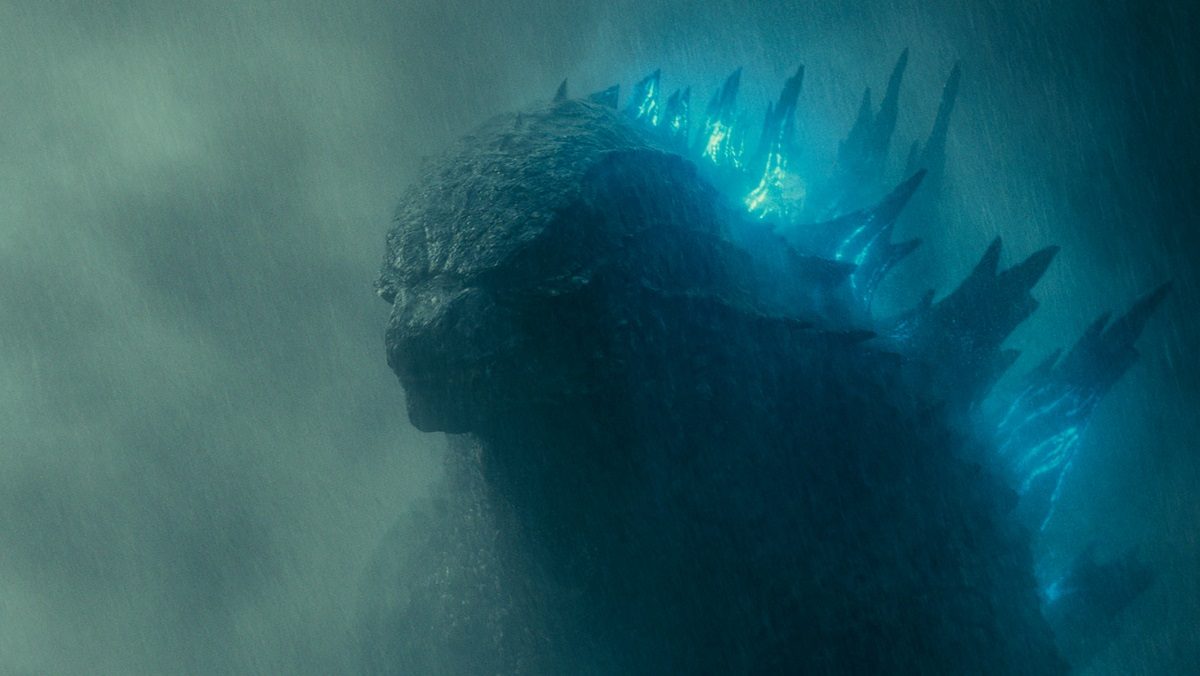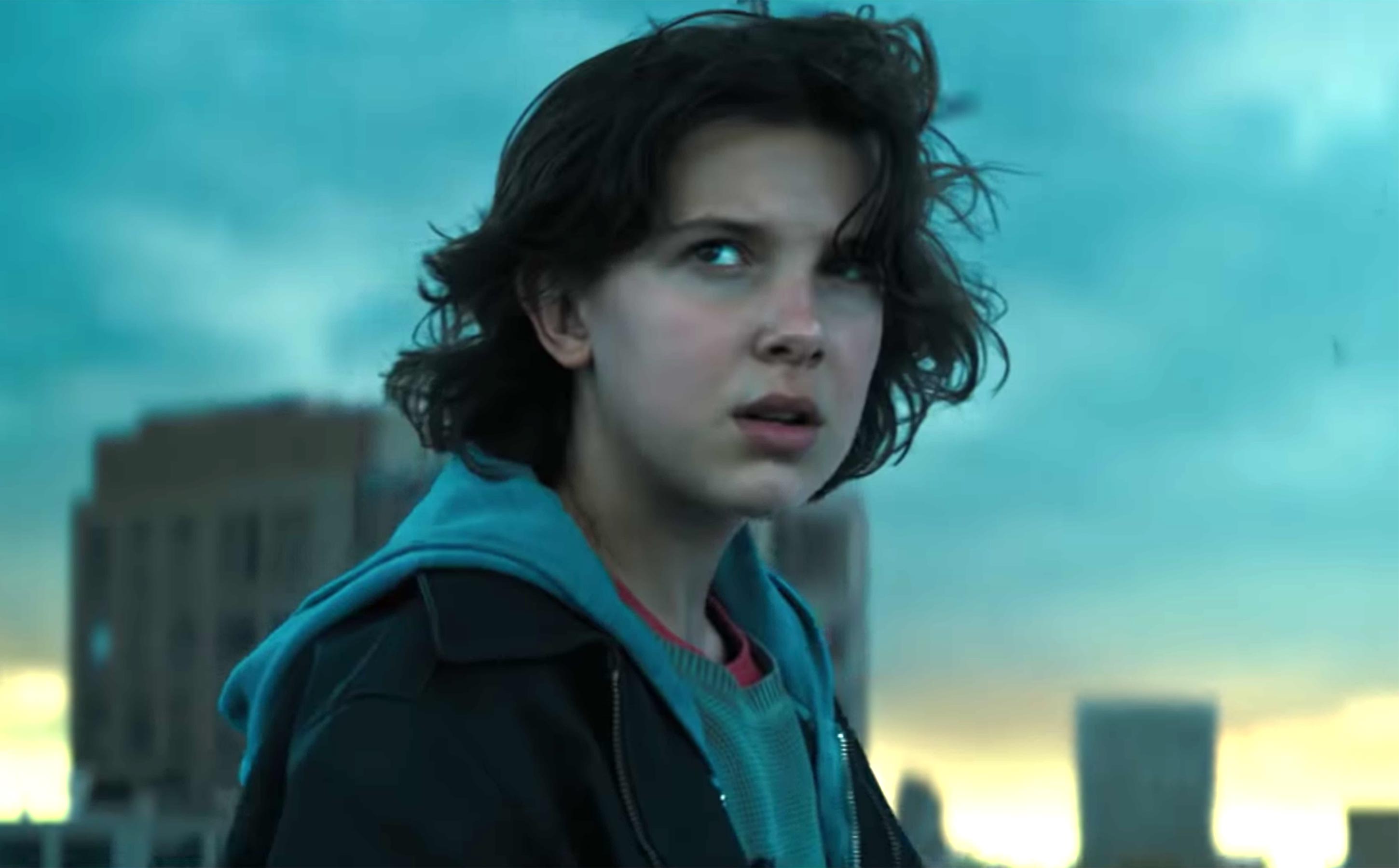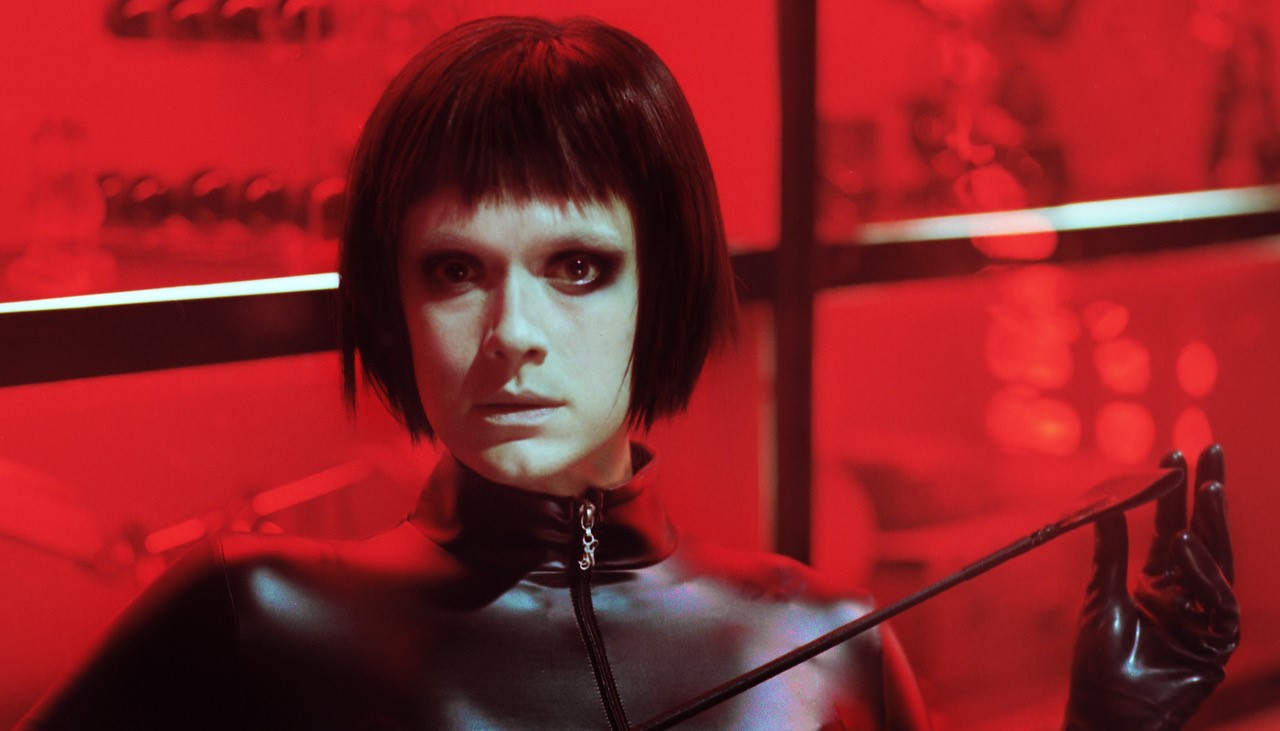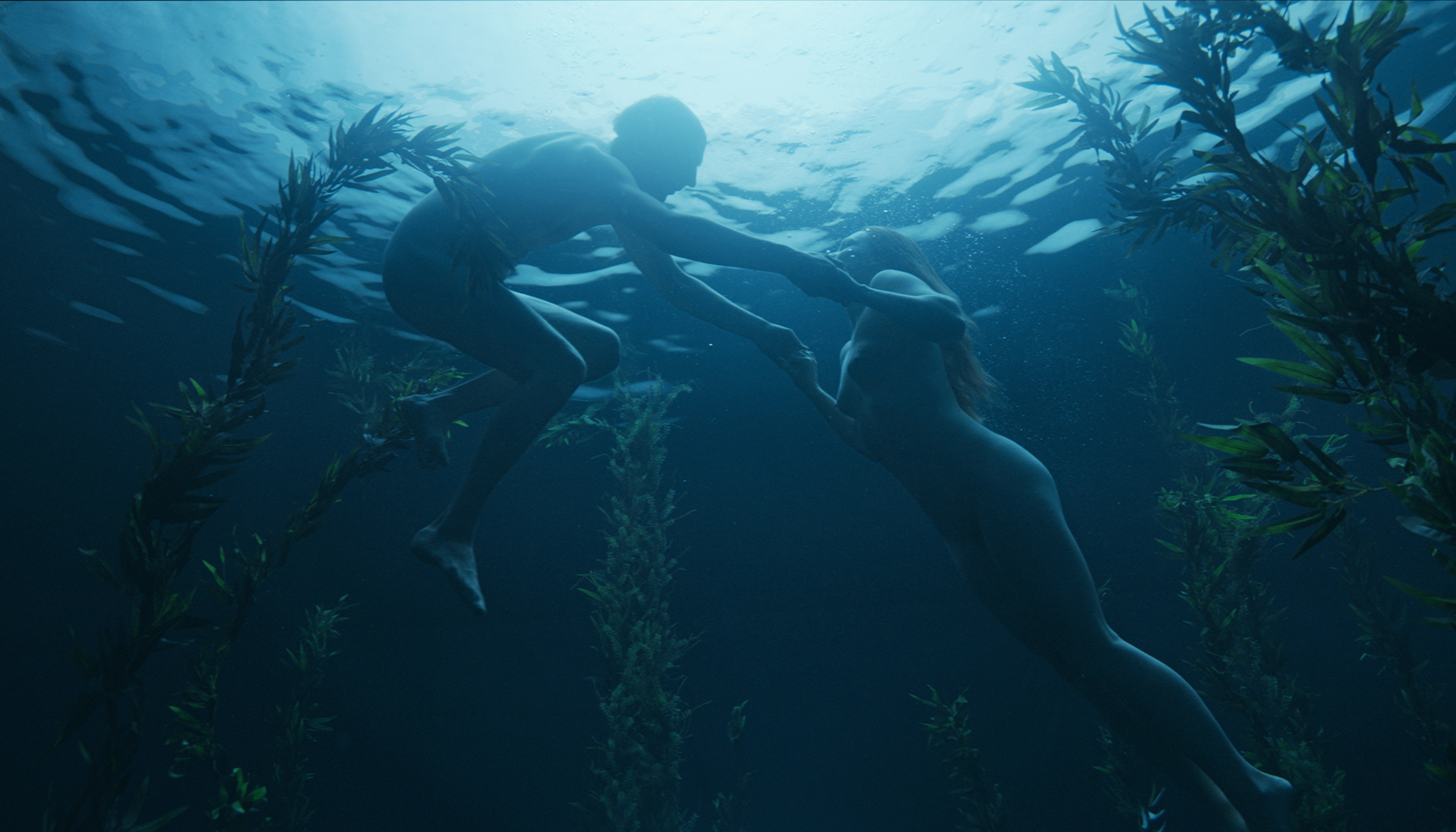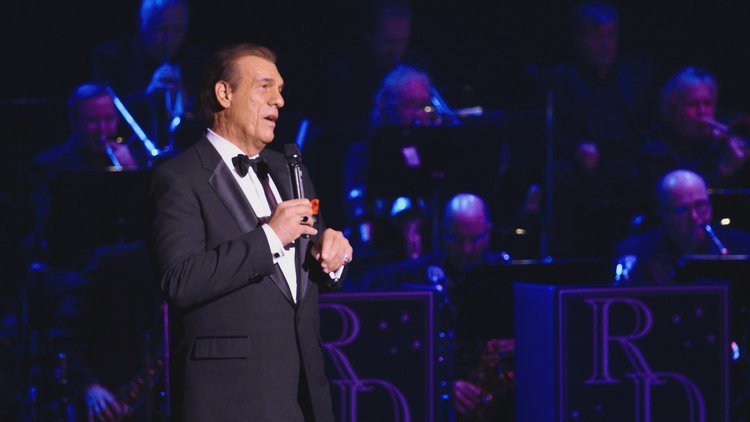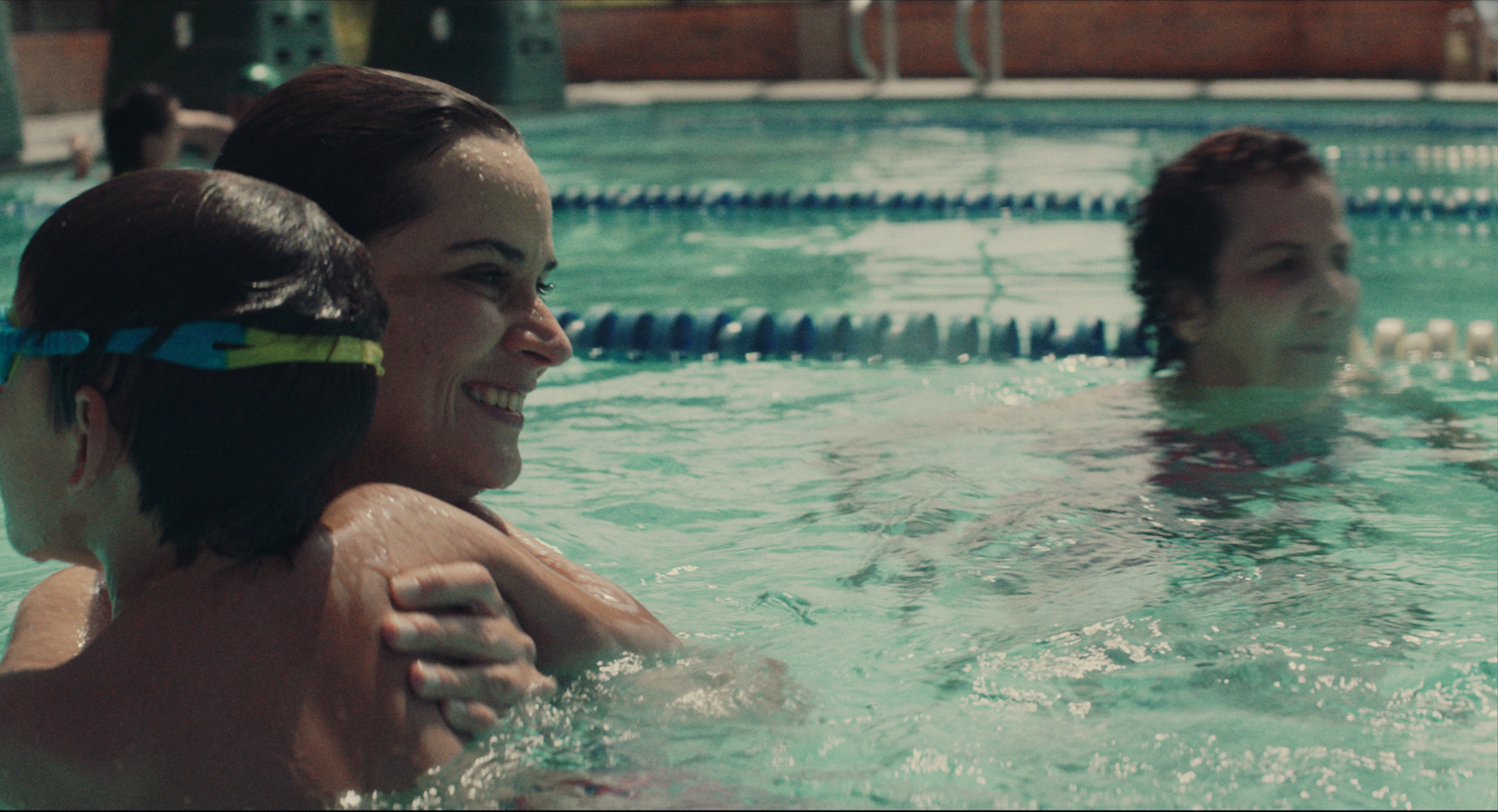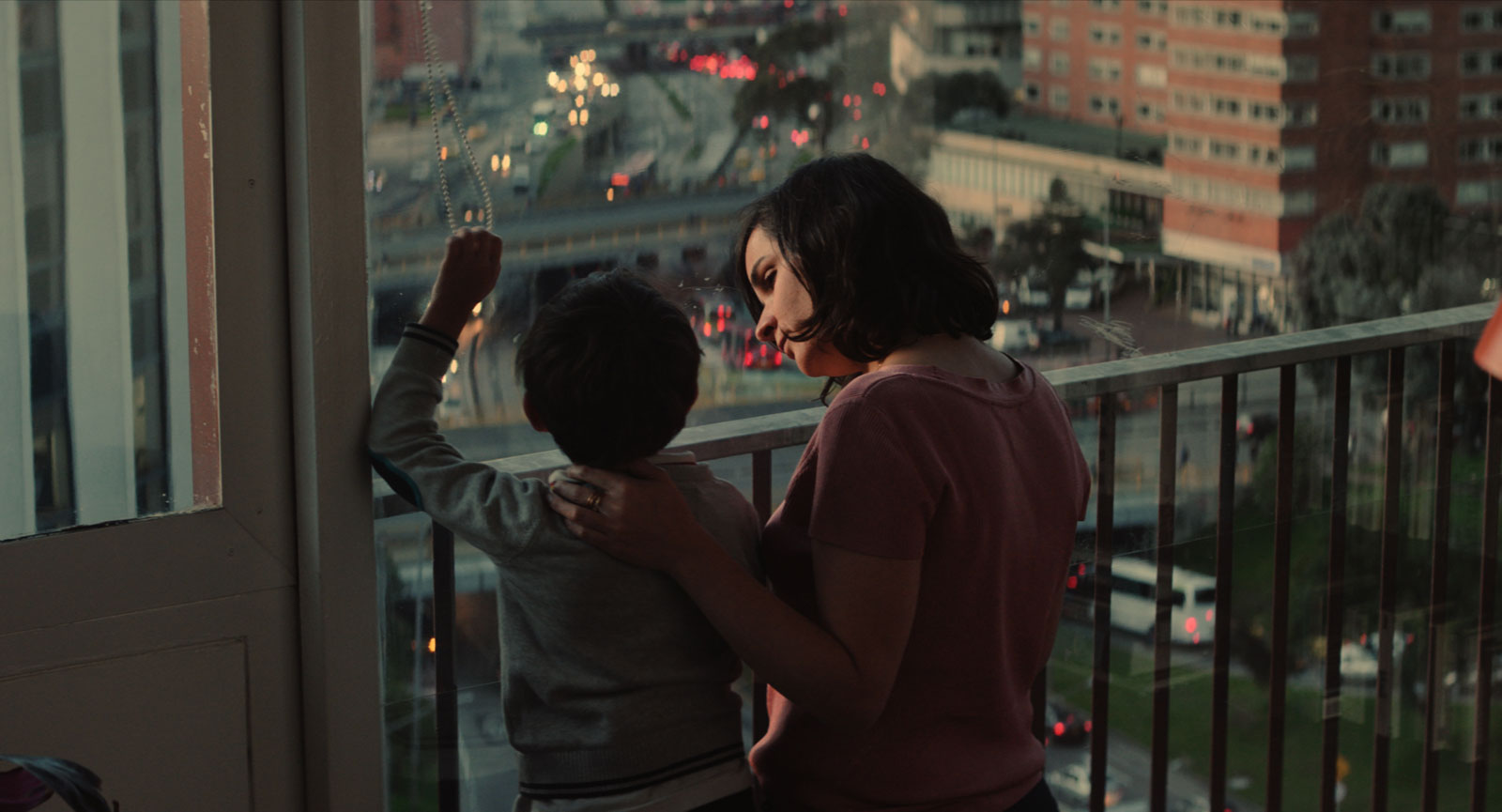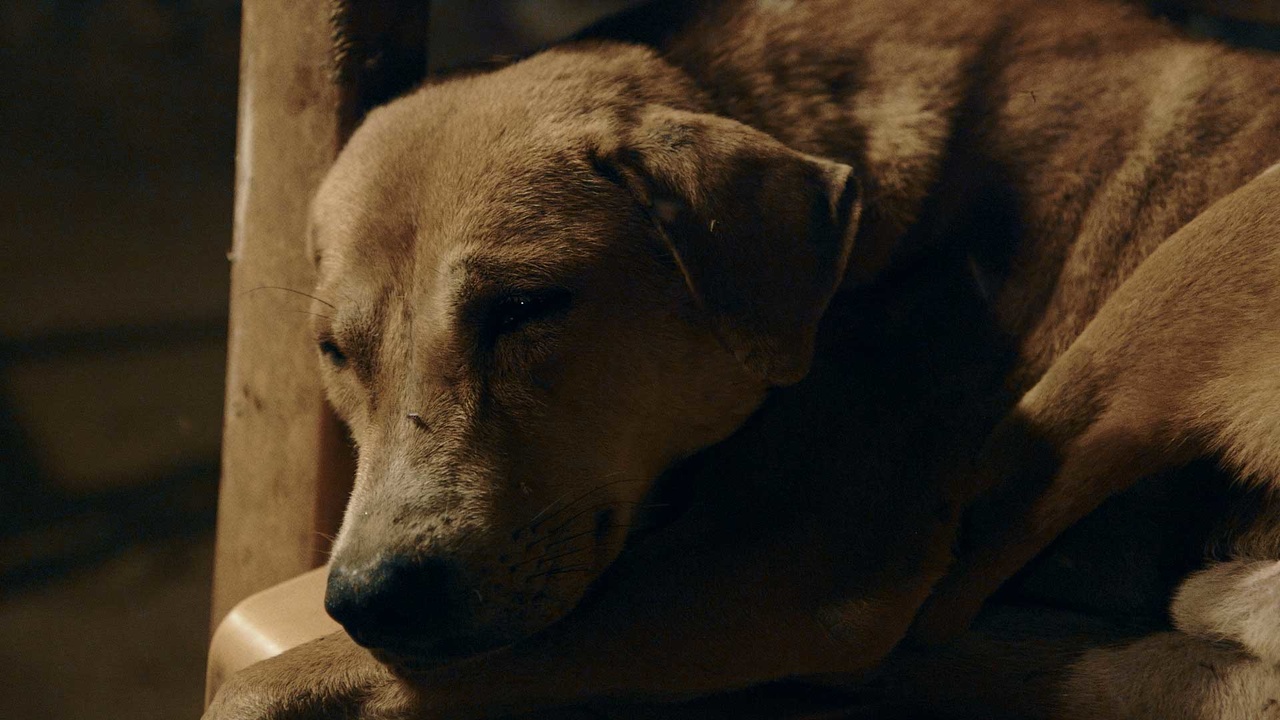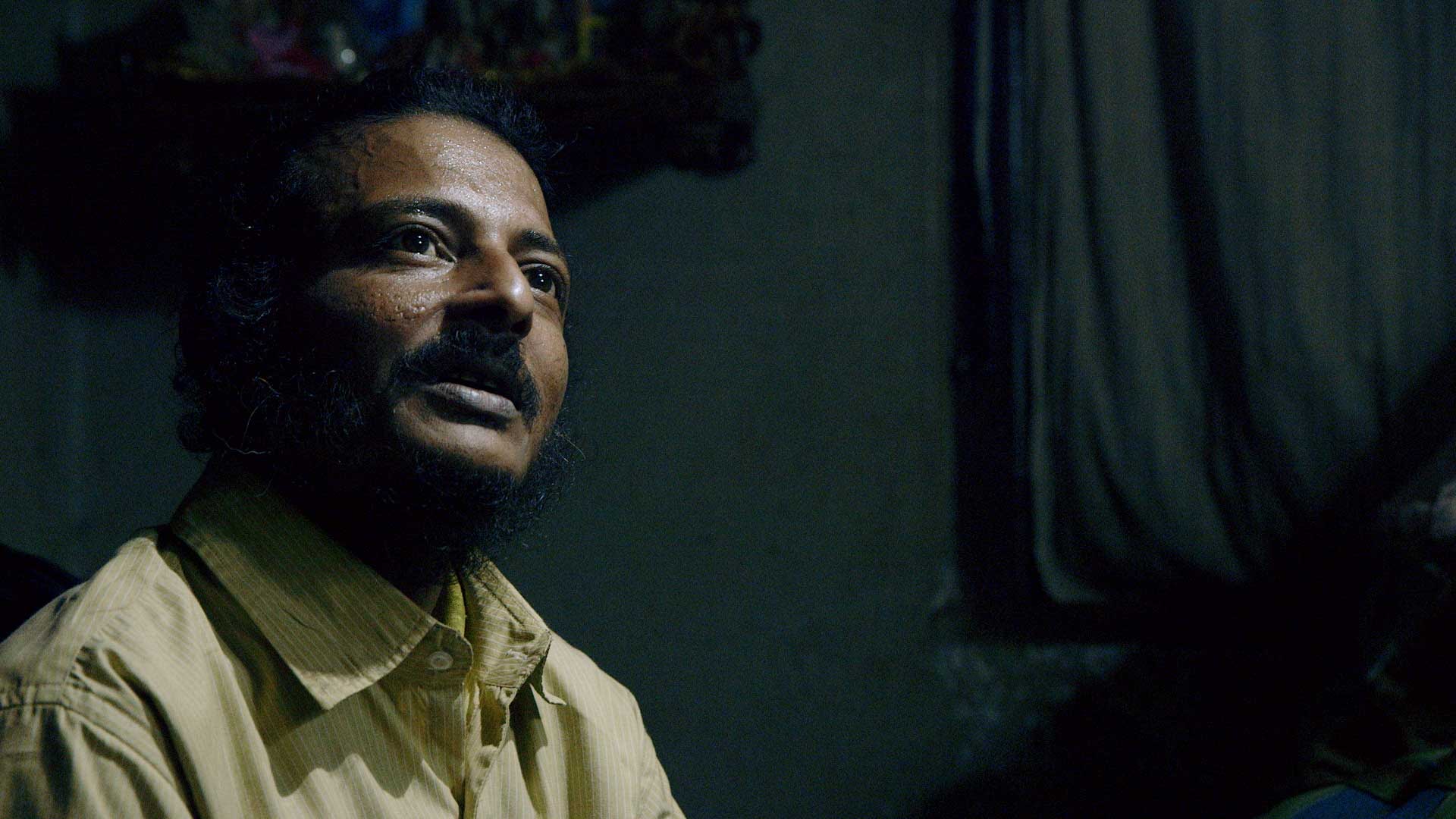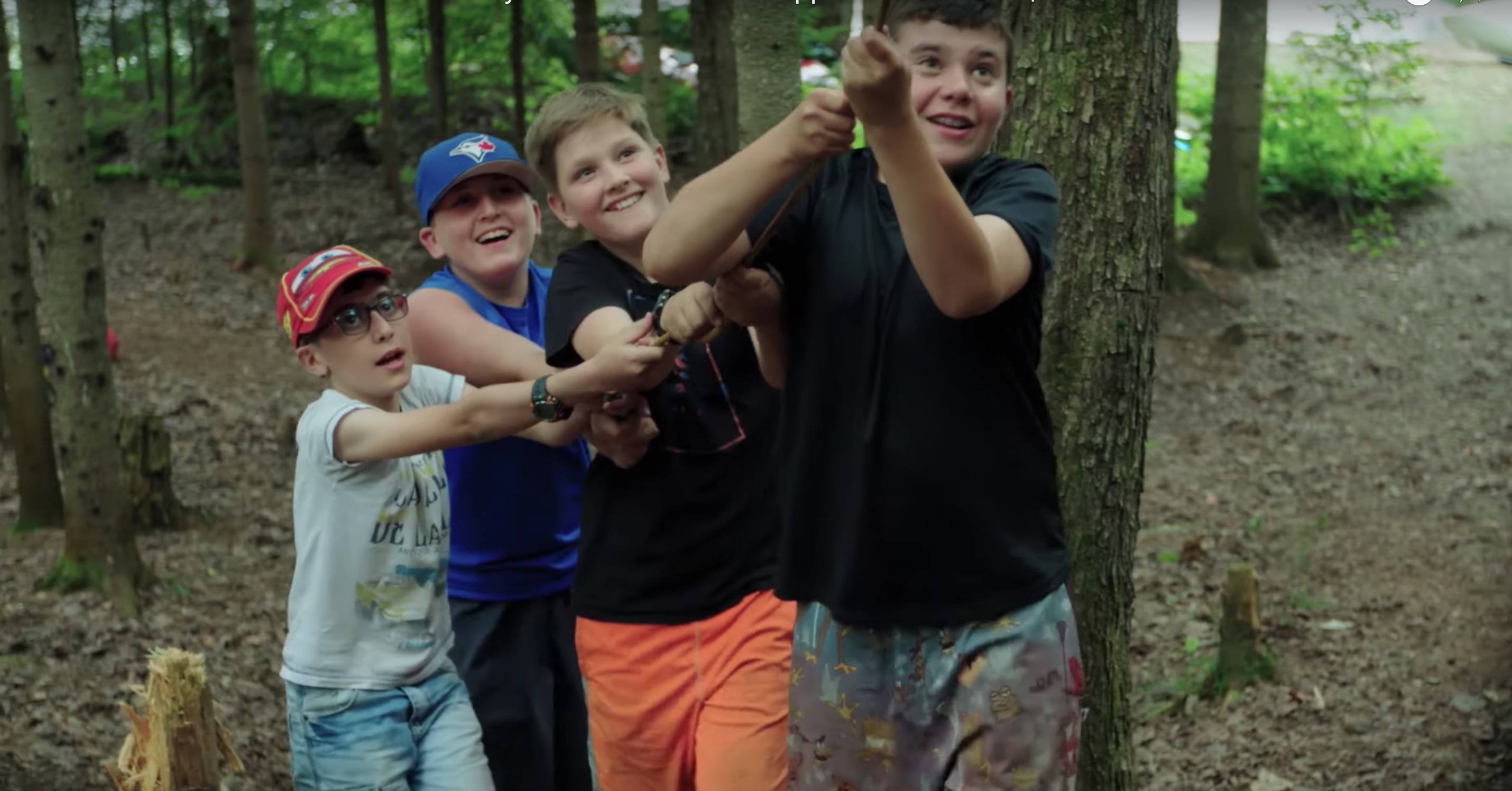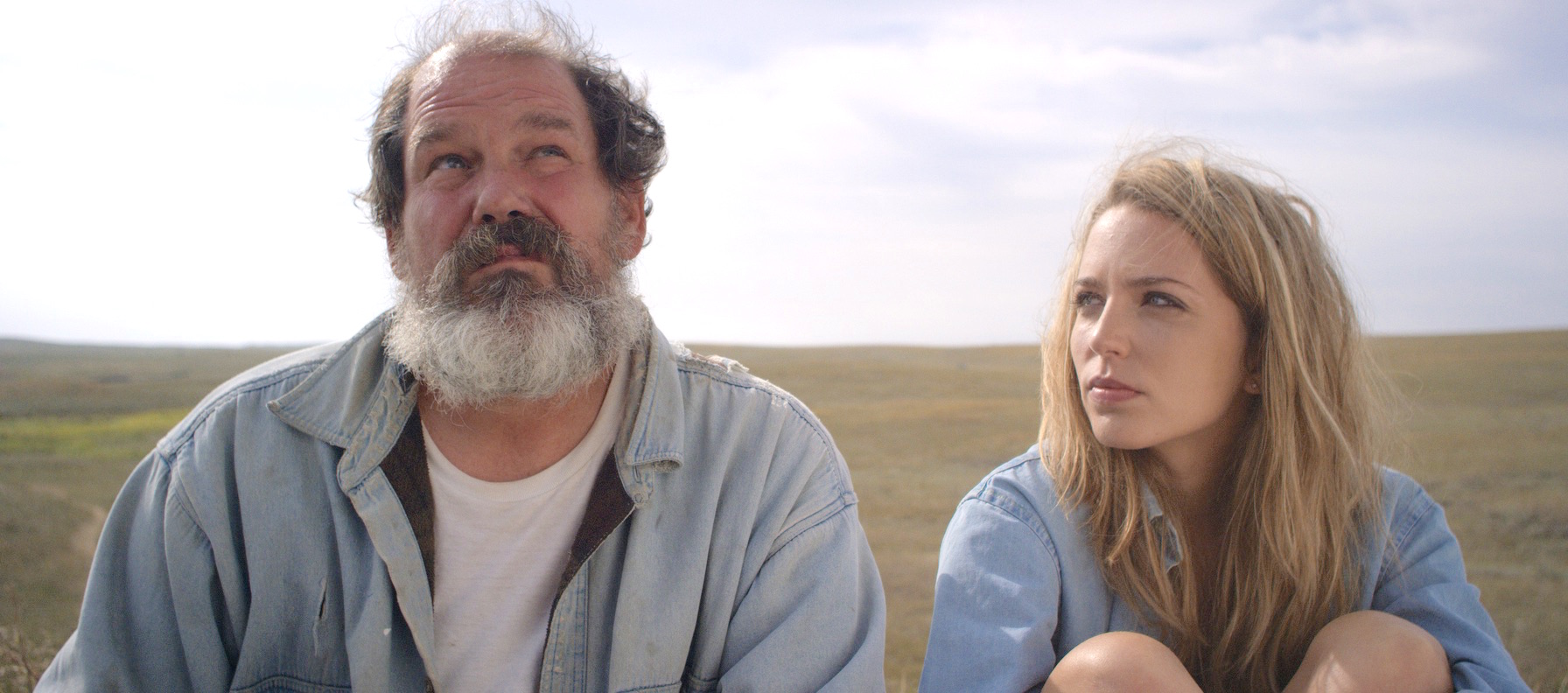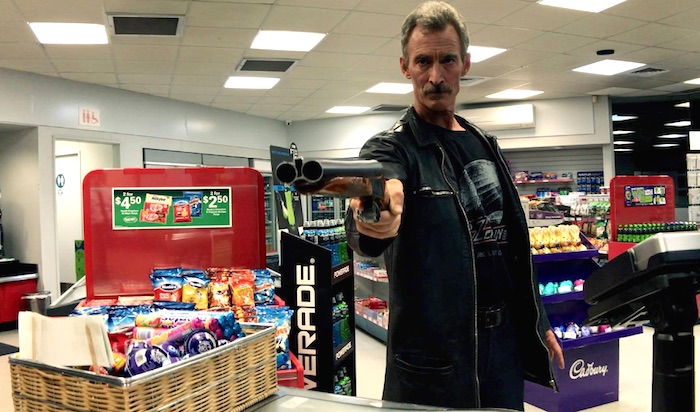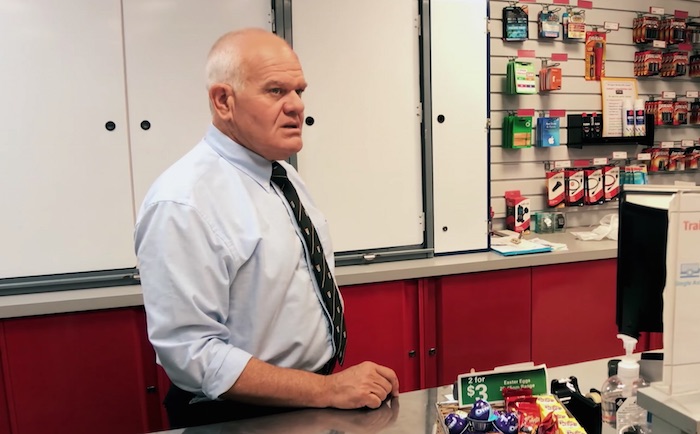63 UP
 Tuesday, June 4, 2019 at 10:42AM
Tuesday, June 4, 2019 at 10:42AM With: Andrew Brackfield, Peter Davies, Neil Hughes, Bruce Balden, Nicholas Hitchon, Tony Walker, Suzanne Dewey, Symon Basterfield, Jacqueline Bassett, John Brisby, Susan Sullivan and Paul Kligerman; featuring Charles Furneaux and Lynn Johnson.
Director: Michael Apted
WARNING: MINOR SPOILERS AHEAD
Rating: ★ ★ ★ ★ ★

From director Paul Almond’s 1964 launch episode to the subsequent installments helmed by Michael Apted, the Seven Up series, the slice-of-British-life documentaries that have explored the U.K. class system via the proverb, “Give me the child until he is seven and I will give you the man,” has captured the hearts of generations of viewers. In the ninth installment 63 Up, the social experiment faces its own end goal; were the children introduced 56 years ago tiny blueprints of the men and women now before Apted’s camera in 2019? (Pictured, above; Nicholas Hitchon)
When Apted poses that question to the participants (as he has done repeatedly since his series hit mature age status in 1998, with 42 Up), their general response is, “Yes, mostly.” In Episode 1, lifetime cabbie Tony Walker is unmistakably the lad he was six decades ago, referring to himself as, “the same cheeky chappy”; upper-middle classman Andrew Brackfield (pictured, below) is every inch the successful, if slightly stressed, business executive he envisioned for himself (by his own reckoning, he has lived a, “happy, fulfilling life”); and, Sue Sullivan, despite a troubled romantic history (a typically common trait amongst the adult Uppers), maintains the confident glow of the vibrant little one she was at 7.
Episode 2 presents a more nuanced, slightly sadder appraisal of the aging process. A particularly understated Bruce Baldon has retired from teaching, falling short of attaining an executive position in the profession, and finds himself facing old age fighting weight gain and the dissolution of the family unit as his sons prepare to leave the nest; and, Jacqueline Bassett, who takes on Apted over questions asked in past episodes that reflect the casual misogyny of 70s/80s society, reveals the sadness that has shaped her later life.
In the third episode of 63 Up, the bond between boarding school housemates Paul Kligerman and Symon Basterfield is explored, the pair reuniting in Kligerman’s adopted home of Australia; John Brigsby, perhaps the most toffee of the 7 Up children, but who, in adulthood, has delivered on his promise to use wealth and status to help the less privileged; and, saving the most compelling portrait of his series until its conclusion, Apted revisits Neil Hughes, the bright-eyed moppet who has morphed into, at different intervals, a drifter, a Liberal Democrat politician and a lay priest, all while battling mental health torment.

Age withers us all, and so Apted and his audience must face the tragedy of mortality. Two of the series most popular ‘stars’ are confronted with their final days; one ponders on a life that will soon be left behind, while another is remembered by surviving family and archive footage. For those of us who have grown up alongside these personalities, these are heartbreaking moments that speak to the strength of first-person documentary storytelling. The scenes drive home the extraordinarily unique impact that Almond’s and Apted’s perfectly ordinary subjects have had upon those that have shared in this journey.
It is in the views of the participants that the effectiveness of the Seven Up series as social commentary emerges. Baldon cites the brutality of boarding school beatings as key to perpetuating repressed emotion, an accepted symbol of his middle-class life; Dewey, a working-class East-ender, still believes “You are what you are born into,” her friend Jackie says, “I’ve never changed.” The plummy comforts of life in society’s upper tier seemed pre-ordained for Andrew and John (you’ll recall their discussion, aged 7, about which newspapers they favoured), but they are humble with respect to their wealth and family stability.
63 Up captures the universal essence of mature-age happiness – pride and faith in one’s children, a levelheaded perspective on life’s highs and lows, firm but softening views on the society one has helped to shape (just as Margaret Thatcher’s divisive social policies in the 1980s were addressed in past installments, so is Brexit in sufficient measure). Yet it soars as that most rare of cinematic works – a project that exist long enough to both consider and continue to shape its own legacy.
Before the cameras, Apted’s cross-section of British lives has delivered on the promise of its premise; the men and women glimpsed in the boys and girls all those years have emerged as remarkably good people, irrespective of class. Behind the cameras, Apted has exhibited the same degree of intellectual growth and determination to capture life with truth and integrity. If 63 Up is the last chapter of the Seven Up series (as has been rumoured), it will finalise a monumentally personal, profoundly important work deserving of timeless reverence.
63 UP will screen on ITV in The United Kingdom from June 4. The series will have its Australian Premiere on SBS from June 10. Please checkguides for your local screening times.
 Documentary,
Documentary,  Up Series
Up Series 